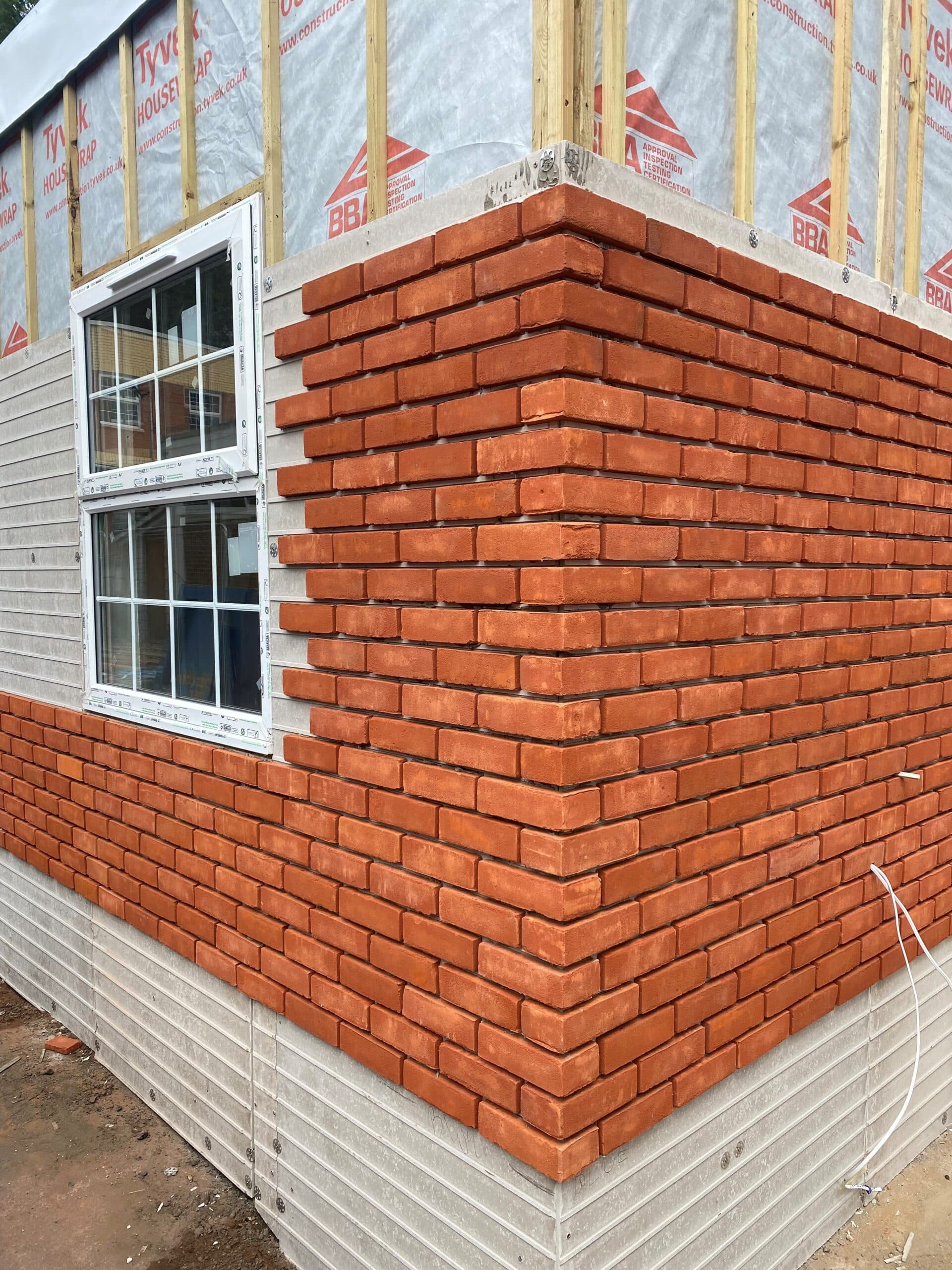
A patio is more than just an outdoor surface—it's the foundation of a functional, beautiful garden. For homeowners in Worcestershire, Gloucestershire, and Warwickshire, deciding between porcelain and natural stone can be tricky. This blog explains the pros, cons, and long-term value of each material so you can confidently upgrade your outdoor space.
See how we can help you!.webp)
A professionally landscaped garden with a quality patio can increase property value by as much as 77%, according to the Post Office Money Home Improvement Index. Homes in areas like Malvern or Kidderminster with usable outdoor spaces are not only more attractive but often sell faster. A neat, well-laid patio enhances both function and aesthetics, boosting curb appeal and reducing time on the market.
✅ Low Maintenance & Weather Resistant- Porcelain is non-porous, frost-resistant, and less likely to stain—perfect for British weather. It maintains its appearance with minimal effort, especially in shaded gardens common in the Cotswolds.
✅ Sleek & Modern Look - Homeowners in Cheltenham and Redditch love porcelain’s uniform, contemporary finish. It also comes in designs that mimic wood, concrete, or natural stone.
✅ Long-Lasting Investment - Though more expensive upfront, porcelain’s durability offers better value over time.
❌ Higher Initial Cost - Installation costs can be higher due to the need for precision laying and a solid sub-base.
❌ Needs Skilled Installation - Due to its density and consistency, porcelain requires professional handling to avoid cracking or improper drainage.
What Are the Pros and Cons of Natural Stone Patios?
✅ Timeless Aesthetic - Natural stone adds organic charm, ideal for historic towns like Broadway or Stratford-upon-Avon.
✅ Unique Appearance - Every slab is different, creating character and visual texture unmatched by man-made options.
✅ Suitable for Traditional Properties - Blends well with rustic or period architecture, common in rural Worcestershire and Gloucestershire.
❌ Requires More Maintenance - Porous by nature, natural stone may need sealing and regular cleaning to combat algae and weathering.
❌ Weathering Over Time - In damp or shaded gardens, stone can stain or fade without regular upkeep.
Porcelain excels in wet climates thanks to its non-porous surface, making it resistant to moss and algae. Natural stone, especially sandstone or limestone, can become slippery or discoloured. For gardens in areas with frequent rain like the Malvern Hills, porcelain offers peace of mind and year-round usability.
Natural stone involves quarrying, raising sustainability concerns, but options like reclaimed stone or local suppliers reduce the environmental impact. Porcelain’s manufacturing requires high energy, but its longevity offsets some of the eco-cost. Both can be eco-friendly if sourced responsibly.
Yes! Many homeowners blend the two for maximum impact. For example, use natural stone for pathways and porcelain for entertaining zones. This combo is gaining popularity in garden redesigns across Warwickshire, offering balance between tradition and innovation.

A neglected garden reimagined into a stunning rustic retreat, featuring reclaimed brickwork, a charming patio, and vibrant planting—blending timeless character with thoughtful design.

A complete garden overhaul in Cheltenham, transforming an overgrown, rat-infested space into a sleek, low-maintenance outdoor oasis with porcelain paving, integrated lighting, and a rat-proof brick wall.
Porcelain patios often increase buyer appeal, especially in modern developments. According to Rightmove, well-landscaped homes sell up to 15% faster. In Stratford-upon-Avon and Cheltenham, estate agents report that buyers perceive porcelain patios as premium features. Natural stone can also deliver strong ROI, especially when aligned with the home's architecture.

.webp)
.webp)
.webp)
.webp)
.webp)
.webp)
.webp)
.webp)
💡 Outdoor Lighting & Furniture Zones: A porcelain patio with integrated lighting and seating transforms usability and boosts appeal.
🌿 Water Features & Raised Beds: Natural stone works beautifully around ponds and beds, especially in heritage gardens.
🏡 Patio Layout & Flow: Strategic placement increases functionality, especially in smaller gardens typical of new builds.
🔨 Installation Quality: Poor workmanship reduces ROI, regardless of material choice.
🌧 Drainage Solutions: In flood-prone Gloucestershire, well-drained patios add major value.

Porcelain and natural stone both offer strong benefits, but the best choice depends on your home style, lifestyle, and future plans. In rain-prone areas or modern settings, porcelain might be the smart pick. For charm and a traditional look, natural stone wins. Ultimately, investing in the right patio material can transform your garden into a functional, valuable extension of your home.

Cladding garden walls is one of the most effective ways to upgrade tired brickwork and create a clean, modern finish without full reconstruction. In this guide, we explain how professional wall cladding transforms outdoor spaces, the materials best suited to Worcestershire’s climate, and how proper installation ensures durability. Whether you’re revitalising a boundary wall or creating a statement feature, Plex outlines what goes into building long-lasting, visually striking cladded walls.

Sometimes the most cost-effective way to transform a tired, overgrown, or uneven garden is to start fresh. This article explores when full garden removal and reset make better sense than repeated patchwork repairs. From failing patios and drainage problems to compacted soil and outdated layouts, we explain the signs that it’s time for a complete redesign — and how Plex rebuilds outdoor spaces across Worcestershire from the ground up for long-term performance and usability.

Water pooling on a patio is one of the most common issues homeowners face, especially in wetter areas of Worcestershire. Puddling can lead to slippery surfaces, moss growth, staining, joint failure, and long-term structural damage. In this guide, we explain the true causes of standing water, including installation errors, sinking slabs, blocked drainage, and ground movement. We also break down the professional fixes and preventative measures used at Plex to keep patios draining correctly year-round.